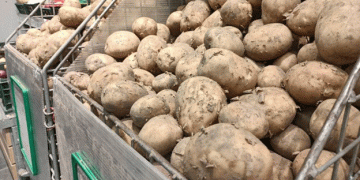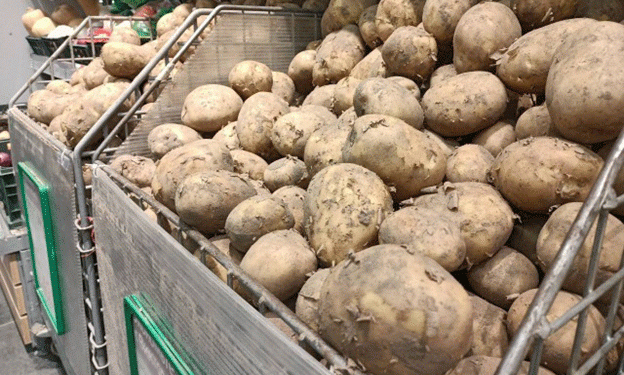Farmers in the Kaliningrad region have reported a significant increase in vegetable reserves compared to the previous year. This shift reflects both favorable agricultural outcomes and strategic responses to market dynamics. According to Alexey Yelaev, Deputy General Director of the SPAR retail chain, a combination of factors, including higher off-season prices and a bountiful harvest, has motivated farmers to hold back a larger portion of their produce for storage.
Harvest Success and Storage Trends
Kaliningrad’s vegetable yield in 2024 outperformed expectations, driven by improved farming practices, favorable weather conditions, and advancements in storage technology. Official statistics indicate that the region saw a 10–15% increase in crop volumes compared to 2023, aligning with broader national trends in Russia’s agricultural production. Farmers opted to store their surplus to sell during the off-season, when vegetable prices typically surge.
This year, wholesale vegetable prices rose by approximately 20% compared to the same period last year, according to market data. Root crops like potatoes and carrots have experienced the steepest price hikes, supported by reduced competition in the off-season and elevated storage costs.
The Role of Storage Investments
Storage capacity and technology have become pivotal in ensuring product quality and availability during the non-growing season. Investments in modernized facilities, including temperature-controlled storage and optimized logistics, are enabling Kaliningrad’s farmers to better meet market demand while minimizing losses. However, these upgrades come at a cost, which is reflected in higher consumer prices.
Economic Implications
The strategic withholding of produce during peak storage times ensures farmers can capitalize on reduced market supply in the off-season. Yet, this trend also places upward pressure on retail prices, affecting affordability for consumers. As more farms adopt this strategy, it highlights the importance of balancing market-driven approaches with consumer needs.
The increase in vegetable reserves by Kaliningrad farmers underscores a growing sophistication in their market strategies. By leveraging robust harvests and investing in storage technologies, they are poised to optimize profits during high-demand periods. However, these practices call for careful management to ensure that rising costs do not disproportionately burden end consumers.































